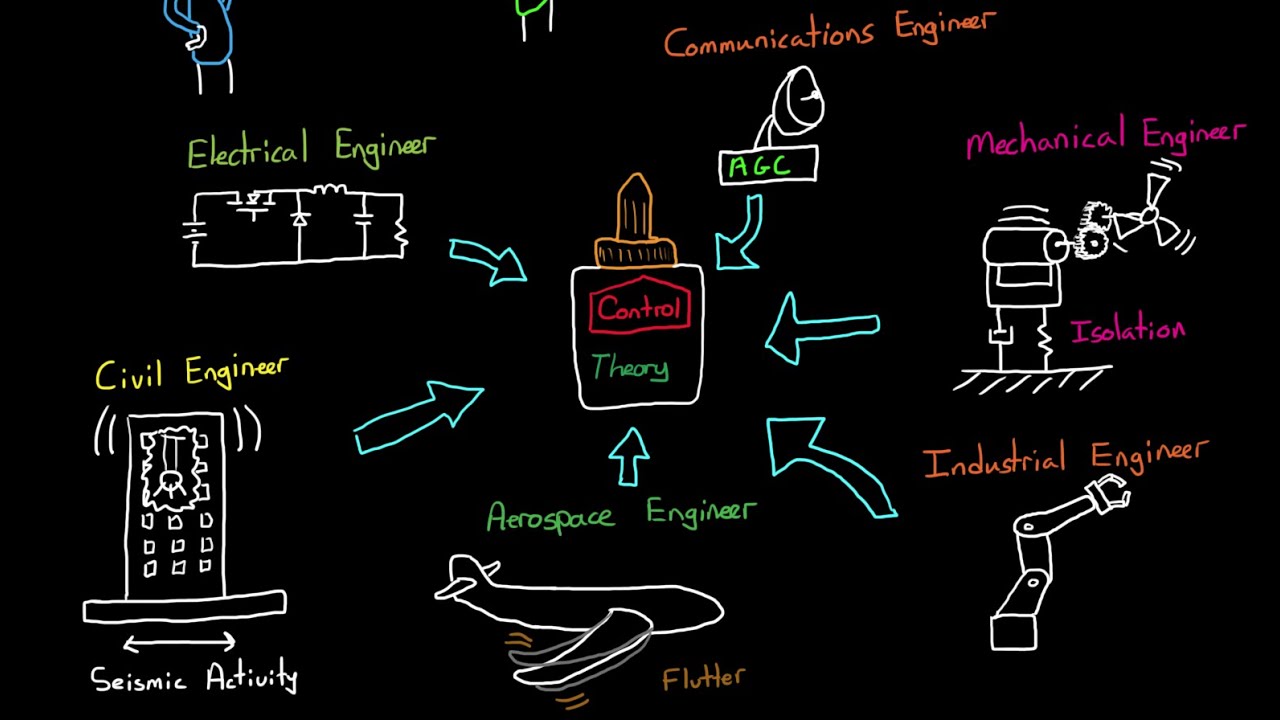SC617 - Adaptive Control Theory

Instructor
Prof. Sukumar Srikant
Semester
Autumn ‘20
Course Difficulty
The course involved rigorous mathematics but if the lectures are followed properly, it will not be a difficult course.
Time Commitment Required
2-2.5h a week (including watching lectures + making notes)
Grading Policy and Statistics
AA 4
AB 9
AU 1
BB 6
BC 2
DD 1
Attendance Policy
None
Pre-requisites
Systems theory (SC625 or SC301) is a soft prerequisite. A good knowledge of MATLAB/python will be useful.
Evaluation Scheme
Weekly assignments based on the lectures (best 8 out 9) - 50%
Midsem - 50%
Endsem - 50%
Topics Covered in the Course
Basic definitions of stability, Lyapunov analysis, basic adaptive control, certainty equivalence, backstepping approach and Model Reference Adaptive Control
Teaching Style
Sir was very understanding of the pandemic situation and the added academic load. Hence he would upload weekly video lectures (45 mins max per week) and would have a live session for clearing doubts. The content covered was easy to follow and in order to ensure that we watch the video, he would keep questions along the way and that would be our assignment. Sir encouraged discussion for everything (including midsem and endsem as long we our final work was our own).
Tutorials/Assignments/Projects
The assignments were primarily based on what was covered in that week. The questions would generally involve completing a proof for a theorem or designing a controller based on the concepts taught. The initial assignments were very easy and only had definitions. We were allowed to use the Internet as long as cited the source.
Feedback on Exams
Midsem and Endsem (since similar pattern)
Both the exams were take home where we were given around 2 weeks to solve the paper. The entire paper would have a single problem statement (for instance, the midsem was on a robotic manipulator and the endsem was on spacecraft attitude control) with various sub parts. These subparts were more like stepping stones to the next subpart. Both the exams were simulation based and we had to plot the various quantities asked for. However, the mathematics used to derive at the simulation had to be shown in the report. Again, discussion was encouraged as long as one didn’t copy the exact same simulation parameters.
Motivation for taking this course
In the beginning of the course sir mentioned that we’ll be focussing on both mathematical rigour as well as applications of adaptive control theory. Since I wanted to explore both, especially real life controller design, the course was well suited for me.
Course Highlights
This course is focused on a specific control design technique used in non-linear control, known as adaptive control. The idea behind adaptive control is to deal with systems that have parametric uncertainty. The course starts with reviewing some mathematical notions and discusses various approaches that come under adaptive control. The course is a reasonably rigorous one, with a need for detailed mathematical analysis of the problems posed. All the assignments and the take-home exams also followed the same pattern.
Course Importance
The course is fairly important to anyone who is interested in applied controls, especially in context of spacecraft control and robotics.
How strongly would I recommend this course?
This was my first exposure to controller design as a part of course. People who are interested in exploring the applications as well as the math behind why the controller works the way it does, this course is for you.
When to take this course?
I took the course in my fifth semester and I would suggest doing during or after your third year.
Going Forward
While the controller design is very specific, the applications are many and can be useful for specialisations in syscon. People interested in this course can also explore other control based courses offered in the syscon department as well as the aerospace and chemical department.
References Used
Nonlinear systems analysis - Vidyasagar
Robust Adaptive Control - Miroslav Krstic
Robust Adaptive Control - Ioannou, Petros, Sun, Jing
Other Remarks
None
SC 617 Review By: Bhavini Jeloka